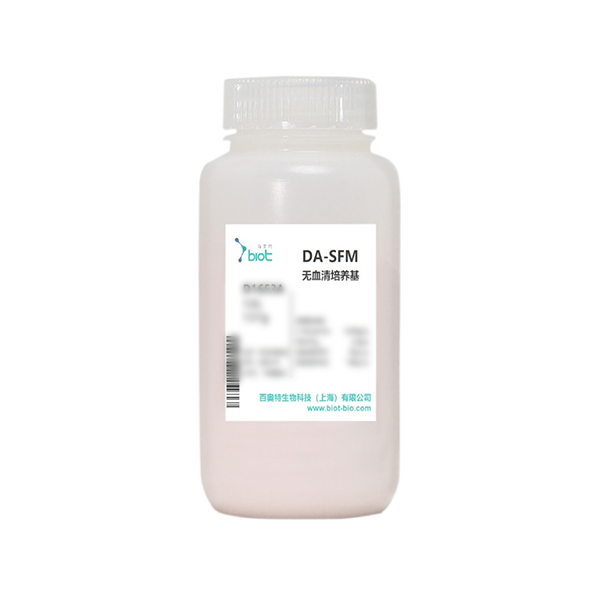In the realm of consumer goods, health and personal care products occupy a crucial space, bridging the gap between wellness and everyday convenience. These products are designed to support and enhance our health, hygiene, and overall quality of life. But what exactly defines a health and personal care product, and how do they impact our daily routines? This guide delves into the nuances of these products, examining their categories, benefits, regulatory considerations, and emerging trends.
Defining Health and Personal Care Products
Health and personal care products encompass a broad spectrum of items intended for individual use to maintain or improve health, hygiene, and personal well-being. These products are typically divided into two main categories:
- Health Products: These include dietary supplements, over-the-counter medications, and medical devices. They are formulated to support physical health, manage chronic conditions, or prevent illnesses. For instance, vitamins and minerals aid in filling nutritional gaps, while devices like blood pressure monitors assist in managing health conditions.
- Personal Care Products: This category includes cosmetics, skincare, haircare, and hygiene products. Personal care items are used for daily grooming and aesthetic purposes, enhancing personal appearance and hygiene. Examples include moisturizers, shampoos, and deodorants. Categories and Key Examples
- Skincare Products:
- Cleansers and Exfoliators: These products help in removing dirt, oil, and dead skin cells, promoting a clearer complexion.
- Moisturizers: Designed to hydrate and lock in moisture, preventing dryness and maintaining skin elasticity.
- Serums and Treatments: These target specific skin concerns like acne, pigmentation, and aging.
- Haircare Products:
- Shampoos and Conditioners: Essential for cleaning and conditioning hair, they come in formulations tailored to different hair types.
- Hair Styling Products: Includes gels, mousses, and sprays designed to manage and style hair.
- Hygiene Products:
- Oral Care: Toothpaste and mouthwash contribute to oral health by preventing cavities and gum disease.
- Body Washes and Deodorants: These products help in maintaining personal hygiene and combating body odor.
- Health Products:
- Dietary Supplements: Vitamins, minerals, and herbal supplements that support overall health and fill nutritional gaps.
- Over-the-Counter Medications: Medicines available without prescription, such as pain relievers and cold medications.
- Medical Devices: Tools like blood glucose meters and thermometers that assist in health monitoring. Benefits and Impacts
- Health Maintenance: Health products play a significant role in maintaining physical well-being. For instance, supplements can address deficiencies, while medical devices enable effective health monitoring.
- Enhanced Quality of Life: Personal care products contribute to personal comfort and self-esteem. Skincare routines can enhance skin health, while grooming products can influence personal confidence.
- Preventive Measures: Many personal care and health products are designed to prevent health issues. For example, using sunscreen can prevent skin damage and reduce the risk of skin cancer. Regulatory Considerations
Health and personal care products are subject to stringent regulations to ensure their safety and efficacy. In the United States, the Food and Drug Administration (FDA) regulates these products, setting standards for ingredients, labeling, and marketing. Compliance with these regulations ensures that products meet safety requirements and perform as advertised.
- FDA Regulations: The FDA oversees both health and personal care products, ensuring that they meet safety standards and do not pose risks to consumers. This includes regulations on ingredient safety and proper labeling.
- Good Manufacturing Practices (GMP): Manufacturers must adhere to GMP standards, which ensure products are consistently produced and controlled according to quality standards.
- Consumer Protection: Regulations are in place to protect consumers from false advertising and unsubstantiated claims, ensuring transparency and trust in health and personal care products. Emerging Trends
- Natural and Organic Products: There is a growing demand for products made from natural and organic ingredients. Consumers are increasingly seeking products free from synthetic chemicals and harmful additives.
- Sustainable Practices: Environmental concerns have led to a rise in eco-friendly packaging and sustainable manufacturing practices within the industry.
- Personalization: Advances in technology are enabling more personalized health and personal care solutions. Customized skincare regimens and health supplements tailored to individual needs are becoming more prevalent. Conclusion
Health and personal care products are integral to modern living, offering benefits that extend beyond basic hygiene and wellness. Understanding the diverse categories, regulatory frameworks, and emerging trends in these products can help consumers make informed choices, ensuring their health and well-being are optimally supported. As the industry continues to evolve, staying informed about the latest advancements and trends will enable individuals to select products that best meet their personal needs and preferences.


